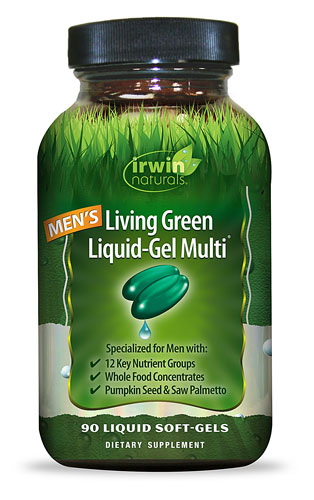Staying trim, fit and healthy is never easy, but it is especially difficult this time of year.
As the weather turns colder and the holidays loom, millions of men might be lulled into a lifestyle of too little activity and an abundance of eating.
Unfortunately, such behavior can put their health at risk. More than 12 percent of men in the U.S. have health classified as “fair” or “poor,” according to the U.S. Centers for Disease Control and Prevention.
The good news is that you don’t have to make dramatic changes to see big health benefits, says Derek Griffith, director of the Center for Research on Men’s Health at Vanderbilt University in Nashville, Tennessee.
“A lot of the things are pretty basic,” he says.
Making changes to your diet
For example, simply reducing the number of sugary beverages you consume helps. Consuming too much sugar can damage your heart, liver, pancreas and teeth, and causes other health problems.
Even drinks that seem healthful – including sports drinks such as Gatorade and Powerade – often are loaded with added sugars.
“You want to be trying to substitute water for pretty much any other beverage,” Griffith says.
Reducing your intake of fried foods, fatty foods and foods with added salt also is important.
Transitioning to a more healthful diet can be difficult for men who are used to – and enjoy – foods that are extra salty or sweet. The key to success is to avoid taking an all-or-nothing approach when changing your diet.
“You don’t want to necessarily give up everything you like,” Griffith says.
Instead, plan meals so you are only occasionally eating less healthful foods. For example, continue to enjoy your sugar-sweetened coffee, but give up the daily candy bar.
Or, enjoy salty snacks at a party, but make up for your indulgence by eating especially healthfully for a day or two after the party.
“It’s thinking about what are some tradeoffs you are willing to make, and not trying to do everything,” Griffith says.
Making changes to your lifestyle
A couple of small lifestyle changes also can have a big payoff in boosting your health.
Griffith says men need to get more sleep. A 2016 CDC study found that more than one-third of adults do not get enough shut-eye.
A lack of sleep has been tied to an increased risk of several health problems, including:
- Diabetes
- Heart disease
- High blood pressure
- Mental distress
- Obesity
- Stroke
Adults ages 18 to 60 should get at least seven hours of sleep every night, according to the American Academy of Sleep Medicine and the Sleep Research Society.
Reducing stress also can pay major health dividends. Too many men take pride in their ability to handle stress without complaint. But high levels of stress can undermine your mental health.
Over time, excessive stress can morph into depression.
“What’s the line between stress and depression?” Griffith asks. “The line is when whatever you are doing is affecting your work and social relationships and overall well-being.”
To reduce stress, the CDC recommends eating healthful meals, exercising regularly, getting enough sleep, and avoiding drugs and alcohol.
If those steps are not enough to calm you, seek support from family and friends, or talk with a mental health professional.
Why you shouldn’t wait
Although it can be tempting to put off new dietary and lifestyle changes until after the holidays, Griffith believes that can be a mistake.
“You want to make changes now,” he says. “It’s harder to lose weight then it is to keep weight off.”
People who wait until the new year to change their diet and lifestyle will just end up “further away from the goals they want to set,” Griffith says.




